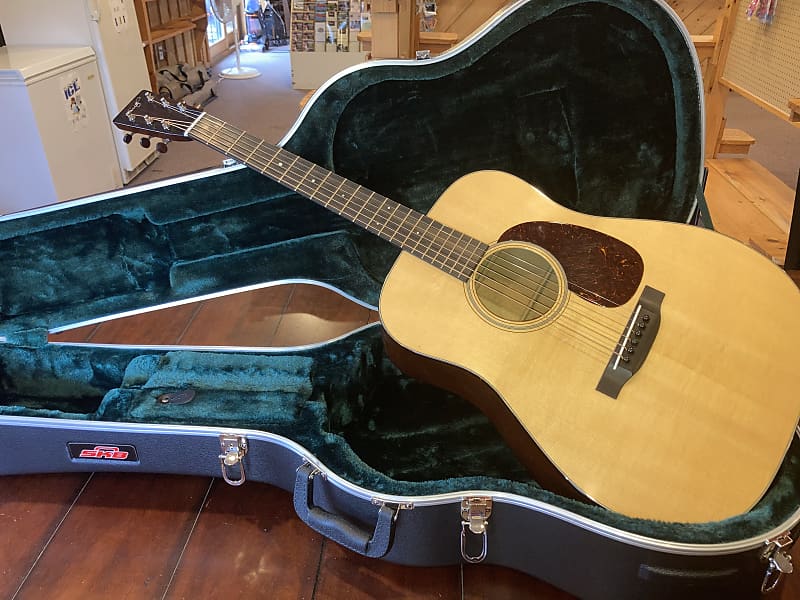In the 1960s, I was an entry-level folksinger in New York (supplemented by tending bar a few nights a week). At first, I played a Gibson, which was very nice. But many of the better, more popular, and more famous folksingers and singer songwriters played the Martin D-28. Eventually, I bought one, too. It wasn't a decision based on tonality or playability (although both were excellent), but rather an act of conformity. My goofy logic went something like this. "Those people are good, they play Martins, they must know what they are doing, I should get one." Once I saved up the money, I traded in the Gibson and walked out with the Martin. I never even compared the two.
Conformity is a very powerful factor in human decision-making. We all like to think that we are independent thinkers. But the Solomon Asch conformity studies in the 1950s tell a different story. Most people are very likely to conform in some ways to a group, even at times when they think the group is wrong.
Based in part on my extensive experience with loudmouths not being able to tell one brand of liquor from another while blindfolded, I suspect that most people can't tell the difference between Martins of different decades or other makes of different decades just by listening. One way to test your ability to do this is to put a blindfold on and have a friend play various YouTube videos by The Ukulele Site and see if you can identify the makers based on sound.
"Why buy anything but Martin?" At the time I was playing my Martin, Larry CoryeIl (who was about a thousand times better than me) was playing a LoPrinzi. Vintage LoPrinzi guitars are still available at very reasonable prices compared with vintage Martins. Larry CoryeIl fans might ask, "Why buy anything but LoPrinzi?"
Like @Troout2 says,
Whether it's a Martin, Seagull, a uke or a guitar you should buy an instrument because it speaks to you.

